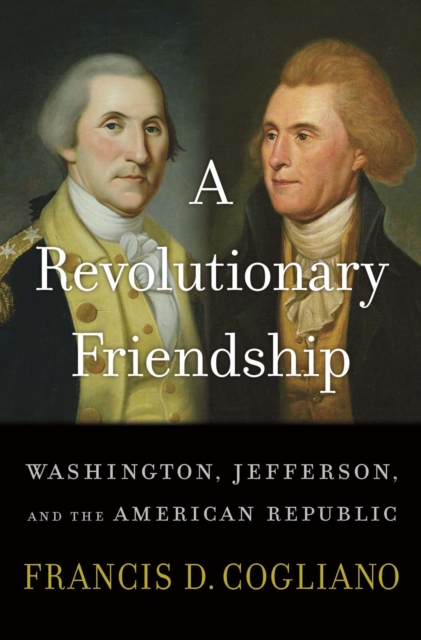
A Revolutionary Friendship : Washington, Jefferson, and the American Republic EPUB
by Cogliano Francis D. Cogliano
EPUB
Description
The first full account of the relationship between George Washington and Thomas Jefferson, countering the legend of their enmity while drawing vital historical lessons from the differences that arose between them.
Martha Washington's worst memory was the death of her husband. Her second worst was Thomas Jefferson's awkward visit to pay his respects subsequently. Indeed, by the time George Washington had died in 1799, the two founders were estranged. But that estrangement has obscured the fact that for most of their thirty-year acquaintance they enjoyed a productive relationship. Precisely because they shared so much, their disagreements have something important to teach us.
In constitutional design, for instance: Whereas Washington believed in the rule of traditional elites like the Virginia gentry, Jefferson preferred what we would call a meritocratic approach, by which elites would be elected on the basis of education and skills. And while Washington emphasized a need for strong central government, Jefferson favored diffusion of power across the states. Still, as Francis Cogliano argues, common convictions equally defined their relationship: a passion for American independence and republican government, as well as a commitment to westward expansion and the power of commerce. They also both evolved a skeptical view of slavery, eventually growing to question the institution, even as they took only limited steps to abolish it.
What remains fascinating is that the differences between the two statesmen mirrored key political fissures of the early United States, as the unity of revolutionary zeal gave way to competing visions for the new nation. A Revolutionary Friendship brilliantly captures the dramatic, challenging, and poignant reality that there was no single founding ideal-only compromise between friends and sometime rivals.
Information
-
Download - Immediately Available
- Format:EPUB
- Pages:368 pages
- Publisher:Harvard University Press
- Publication Date:20/02/2024
- Category:
- ISBN:9780674296596
Information
-
Download - Immediately Available
- Format:EPUB
- Pages:368 pages
- Publisher:Harvard University Press
- Publication Date:20/02/2024
- Category:
- ISBN:9780674296596






